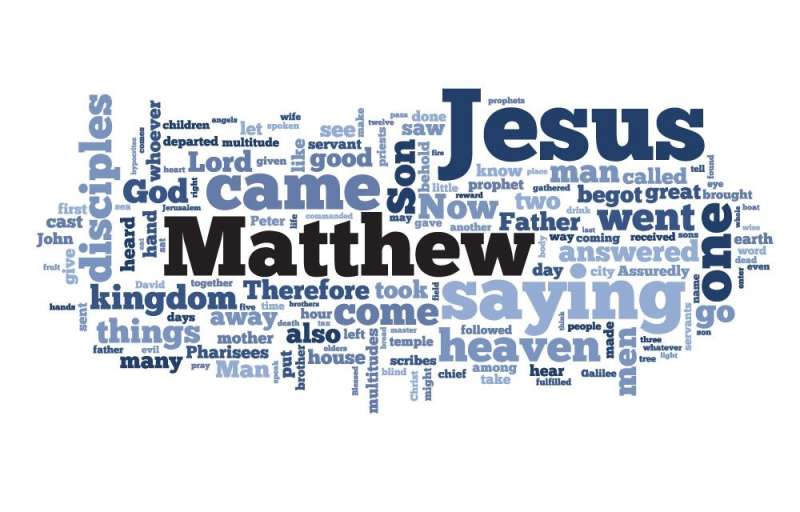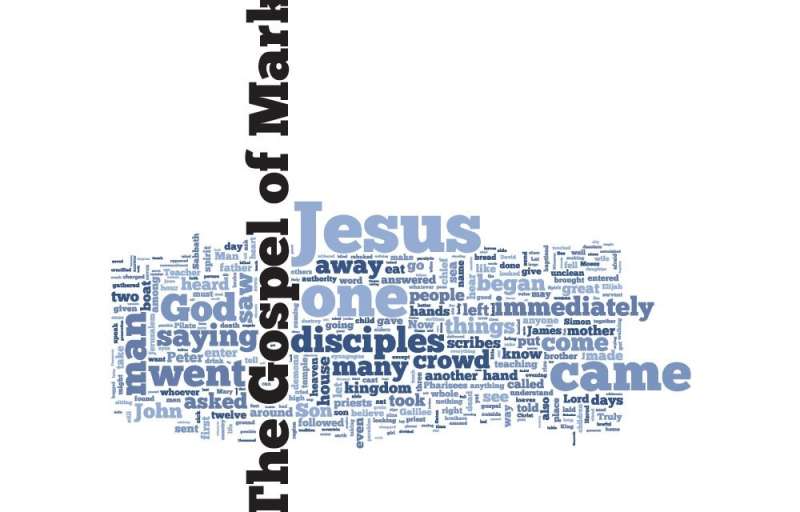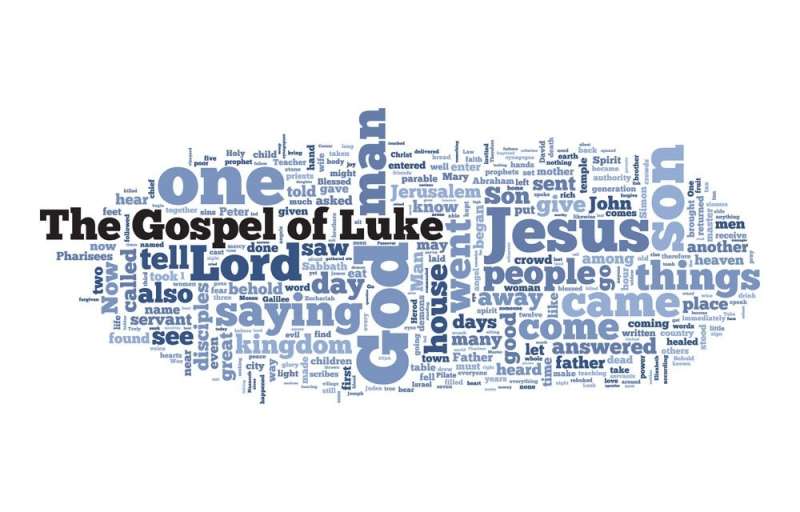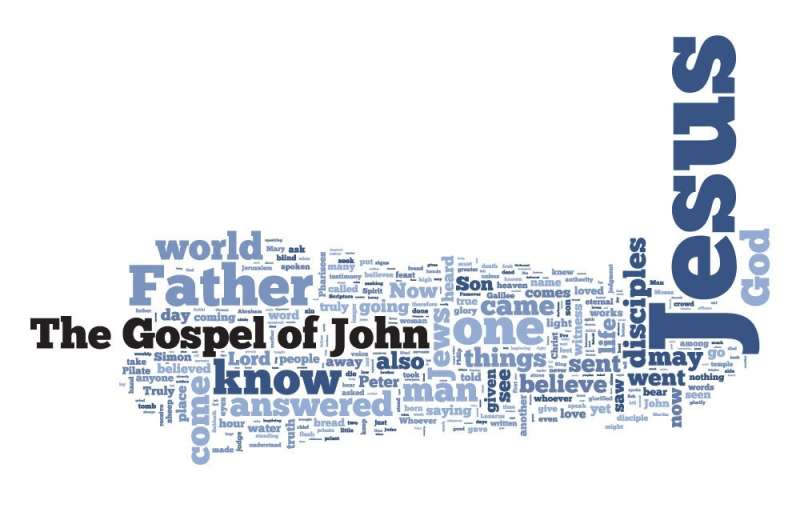I was made for the Gospel. Exploring the “now-ness” of the Kingdom.
What Was I Made For?
Often we use language in church that we don’t use elsewhere. There are words we use, like “Gospel” that we assume we know, but make we don’t.
The problem is, the Gospel is difficult to describe and, as much as we try, we can’t fit our description into a snapshot.
It’s much more than Jesus dying for our sins so we can go to heaven.
The fact that there are four accounts of the Gospel in the Bible shows that it is multi-faceted and has a different impact depending on the audience and how it affects particular lives and aspects of society. If we arrange words from each of the gospels into word-clouds, something interesting happens.
Matthew
Gospel According to Matthew word-cloud from blueletterbible.org
In the “Jewish” Gospel (Matthew), Jesus is the one who comes to fulfil the law and establish his kingdom.
Mark
Gospel According to Mark word-cloud from blueletterbible.org
Mark uses a lot of action-heavy words. His gospel flows like a play and is probably written for the Greeks. His is also the oldest gospel. Matthew and Luke, the other “synoptic” gospels borrow many stories from Mark.
Luke
Gospel According to Luke word-cloud from blueletterbible.org
In Luke, “Lord” is used a lot more often. His version is the lengthiest and feels more historical.
John
Gospel According to John word-cloud from blueletterbible.org
John emphasises the signs and wonders of Jesus. John points all signs to Jesus’ divinity.
The gospel is that the kingdom of God is here. Now. Jesus turned the idea of kingdom on its head and gave value to those in society that the religious has ostracised.



